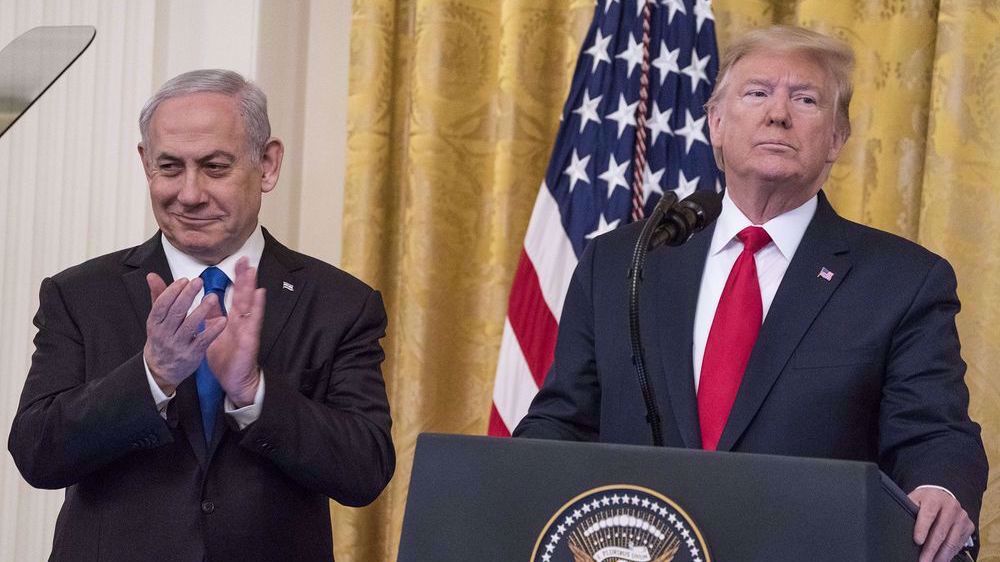Saudi Arabia, allies behind failure of Doha talks: Russia
Russian Energy Minister Alexander Novak has held Saudi Arabia and some of its regional allies responsible for the failure of recent talks in Qatar aimed at reducing a global crude supply glut.
“Yes, this was Saudi Arabia and a number of OPEC members, including UAE, Qatar. Mostly these were states of the Persian Gulf,” Novak told reporters following the Doha meeting on Sunday.
Some 18 oil-producing countries, including non-OPEC Russia, had gathered in the Qatari capital for what was expected to be a mere formality to sign the deal to freeze output at January levels until October 2016.
The deal had been in the making since February.
“In the end, it was agreed that countries representing OPEC would hold additional consultations with the countries which were not present at today’s meeting. These consultations will be additionally held before June, before the OPEC summit,” the Russian energy minister said.
He added, “In turn, countries not affiliated to OPEC, among them Russia, will be ready to consider their participation in another meeting if it is agreed upon. We actually think that the door is not shut and there will still be opportunities to hold additional consultations.”

Novak further said that the absence of an agreement over freezing crude oil outputs would have minimal consequences on Moscow since “Russian companies continue to operate with high competitiveness in the market.”
Crude oil prices tumble after unfruitful Doha talks
Meanwhile, crude oil prices plunged further in international markets on Monday after the Doha talks failed to produce any tangible results.
West Texas Intermediate (WTI), also known as Texas light sweet, for May settlement tumbled as much as USD 2.75 to USD 37.61 per barrel on the New York Mercantile Exchange, and traded at USD 38.50. The US benchmark was at USD 40.36 a barrel on Friday, Bloomberg news network reported.
Brent crude for June delivery also lost as much as USD 3, or 7 percent, to USD 40.10 a barrel on the London-based ICE Futures Europe exchange. The global benchmark was at USD 43.10 on Friday.

“The weekend talks are demonstration that the Saudi government, as the deputy crown prince (Mohammed bin Salman) has clearly stated, doesn’t want to cede market share,” Ed Morse, the head of global commodity research at Citigroup Inc., said.
He added, “They are fearful that the world may be in a weak or bearish market for a long period of time. In a bear market, as they learned from the 1980s, if they cede market share, it is very difficult to get it back.”
Saudi Arabia’s deputy crown prince has said the oil-rich kingdom would only cap production if Iran similarly agrees to the measure.

Tehran, on the other hand, has said it will not accept a production freeze until it recovers its lost market share following the lifting of the anti-Iran sanctions on January 16 as part of the Islamic Republic’s nuclear agreement with the P5+1.
Iran did not participate in the Doha talks.
OPEC said on Wednesday that Iranian crude production in March was 3.3 million barrels per day (mb/d), up from 2.9 million in January.
Iran has maintained that it is targeting a production of 4 mb/d in the current Iranian calendar year (started March 20).

Moving against global tide, Israel eliminates all tariffs on US goods

OPEC+ to raise output for first time since 2022: Report

Oil prices climb despite trade war concerns
Parl. speaker: Iran won’t be swayed by Israel’s ‘delusional’ rhetoric
Extremist Israeli minister orders closure of al-Quds Fund and Endowment office
British firm supplying engines for Israel's killer drones: Report
VIDEO | Muscat negotiations, Yemen missiles
Canada should ‘never forget’ US betrayal; old relations ‘over’: New PM
Hamas welcomes ICJ hearings on Israel’s humanitarian obligations towards Palestinians
Biden officials refrained from exerting pressure on Israel for Gaza ceasefire: Report
Sheikh Qassem: Hezbollah fully committed to ceasefire despite Israeli violations
















 This makes it easy to access the Press TV website
This makes it easy to access the Press TV website